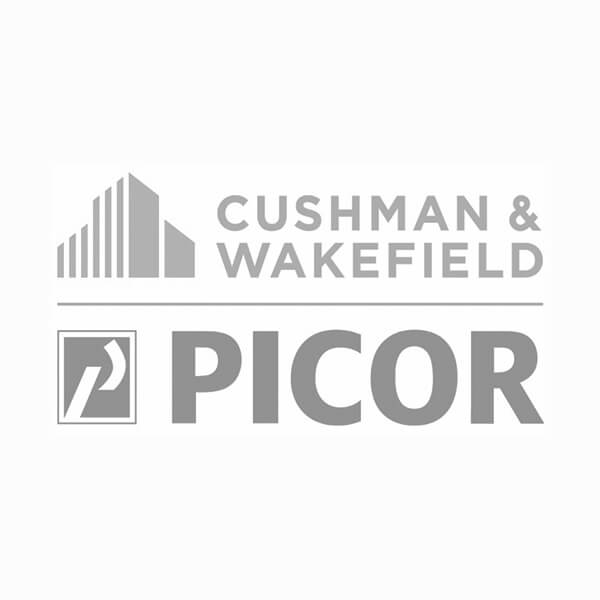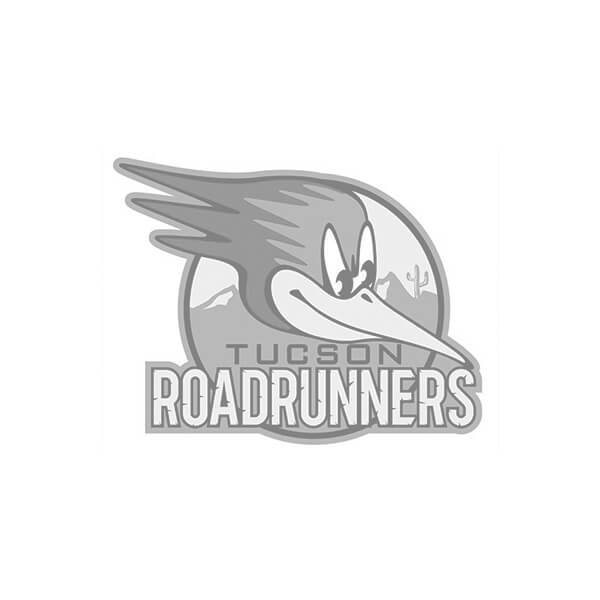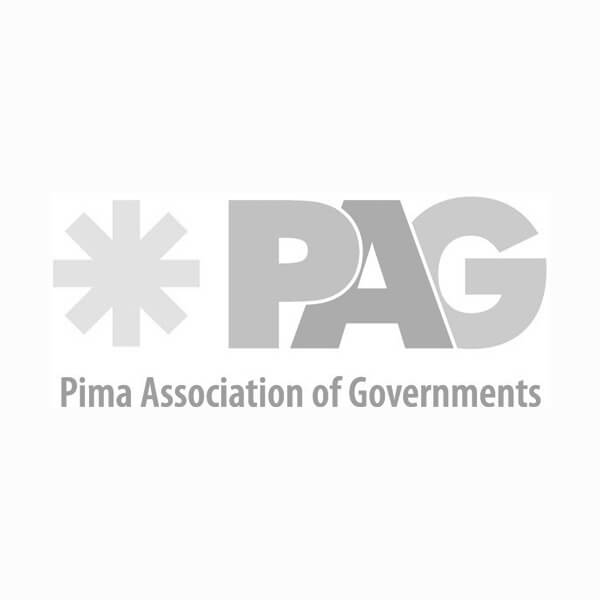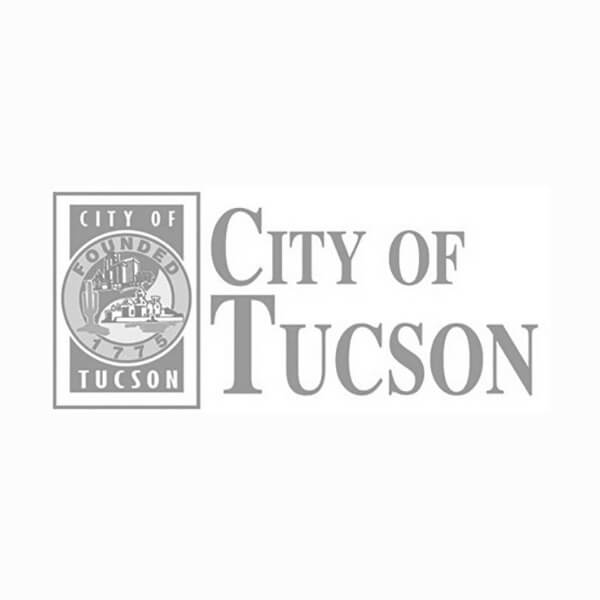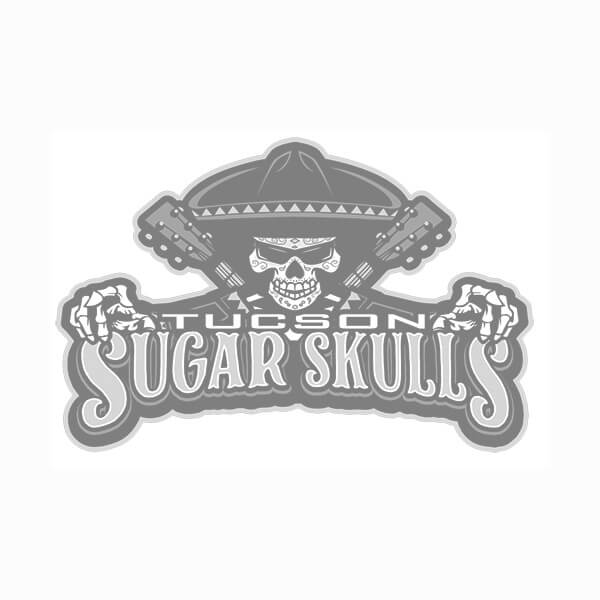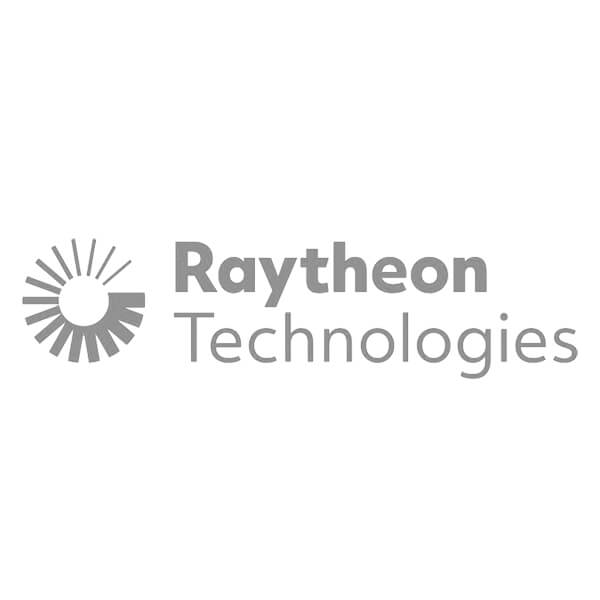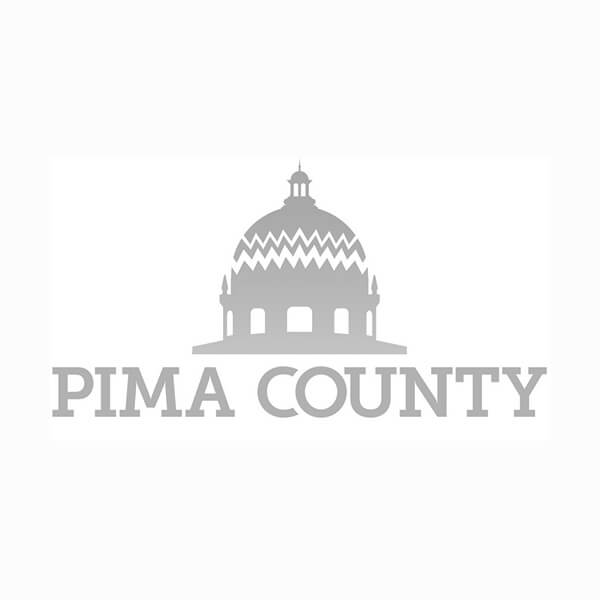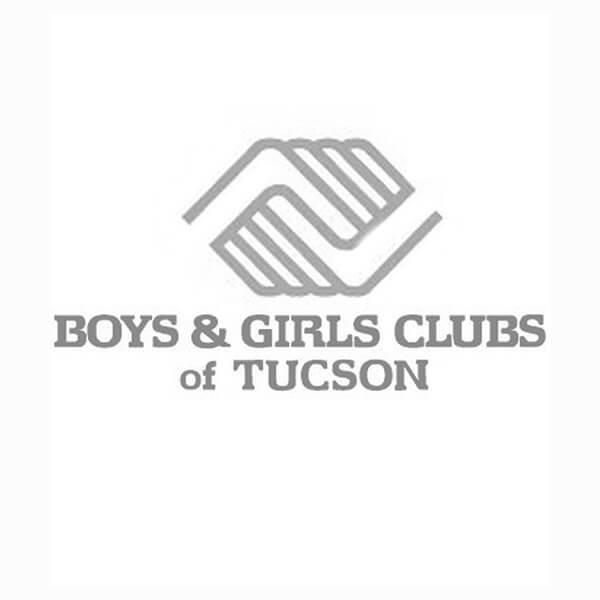Name badges play a large role in creating a connection between the public that has been lost since the onset of Covid-19. Sharing a name or an identifier during a work event creates a collective sense of belonging as opposed to a “us vs. them” feeling. Research shows “small talk” starts conversations, creates personal engagement, and helps people be themselves in an online work environment.
A personalized name badge design builds loyalty and trust along with a sense of purpose and association. Video meetings can be stressful but name badges bring a sense of familiarity to a busy work culture. Various name badge sizes serve as an emblem of togetherness that hold the goals and values of an organization together.
It is crucial to create a name badge font that reflects the event. The badge makes people more comfortable during their interactions and provides bits of information guests can use to start conversations and networking. In this article, we will help you navigate the name badge creation process in order to create high-quality badges.
Designing for each Name Tag Use Case
Name tags are an identification tool at networking events, workplace settings, and conferences. It is essential to remember the use case of the name tag when designing it as the final design can impact its functionality, effectiveness, and the impression it makes on others.
For example, if the name tag is meant to be worn for a full day, it should be made from durable materials and contain a comfortable backing. On the other hand, if the name tag is for a one-time only event, a stylish and eye-catching design can make a lasting impression.
Additionally, consider the information that needs to be displayed such as a name, logo, business title, and contact information. The amount of necessary information can influence its size and layout. By considering the use case, you can design a name tag that serves its purpose and enhances the experience of the person wearing it.
What Font Should I Use On a Name badge?
One of the biggest mistakes that prevents a name badge design from being effective is the size of the name badge font being too small. Nobody wants to squint to read a name. Name badge sizes that are too small can prevent people from talking to one another at an event.
It is also important that your name badge accommodates lengthy names without them appearing distorted on the tag. Choose a font size and type that highlights longer names without any visibility issues.
Colors and material consideraions for name badges
The choice of the badge color and material type is crucial when creating a personalized name tag. Keep the use of contrasting colors in mind to bring out the name of the person. A light font color can be hard to see on a light background as compared to a darker font used on a light background.
While it is less expensive to use black and white badge designs, color badges are more effective when you want to include a company logo or event info on the badge. Multi-colored tags give designers more to work with as they allow for more unique and colorful creations.
Don’t forget badges look different when viewed on a computer screen as opposed to the final printed product. Choosing the right materials to translate to the printed product is very important.
Best Name Badge Sizes to Use
Generally, a badge that is around 4”x3” in size is an ideal choice for a name badge for events. You need to design a badge that is not too large or too small. If it’s too large, people won’t want to wear it or they will be uncomfortable wearing the badge. If it’s too small, it won’t be easy to see the printed information and the badge will not be useful. You need to strike the right balance for the best size results.
To make sure you get a size that works for your needs, try some different options to see which one you prefer the most. Don’t rush the process and make sure you test more than one option before making a final decision.
Make Sure Your Name Badge Is Legible
The name tag should be easy to read during an online meeting. There needs to be a balance between including the necessary information and not including so much information that it becomes hard to read. The distance from the computer screen and the light in a room impact legibility. You might consider using a black background with white text (in matte acrylic) to ensure the legibility of the name as this design can produce less shine and reflect less light.
Consider how much information you can include on a name badge
The factors you need to consider each time you design a name tag include the readability of the badge, color choice, visual presentation, and the visibility of the name tag on the computer screen. When choosing which elements to include, do not overdo the design! Keep it simple and concise by not having more than three elements on the badge. If the name tag is for an internal meetings, just include a name and a unique identifier.
The name badge design process can make a big difference in the interactions people have during a meeting. Call our design team today for more information about effective name badge sizes and fonts.





